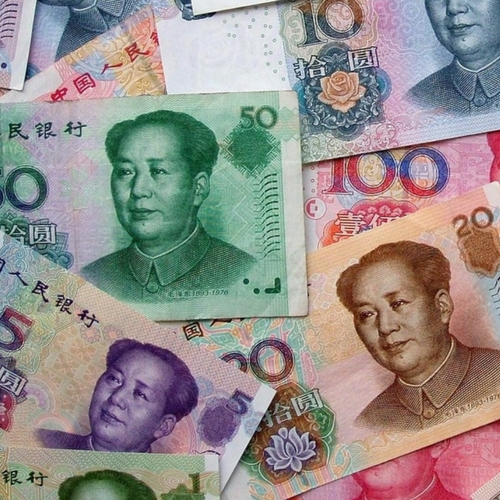Three key methods of profit repatriation that will help your business' hip pocket

Kristina Koehler-Coluccia, Head of Business Advisory at Woodburn Accountants & Advisors, has shared her top three methods of repatriating money ‘trapped’ in China. Regular methods of repatriation are subject to both a 25% profit tax and a further Dividends Withholding Tax of 15%, all before funds are able to be transferred back to Australia. However, under Koehler-Coluccia's methods, funds are only susceptible to a tax rate of 10% (plus VAT and Surtax).
Koehler-Coluccia's three key methods on profit repatriation are through Trademark License, Marketing, and Management Fee Agreements.
- Trademark License Agreements are when the Australian Headquarters licenses the use of its Chinese trademark to its Shanghai subsidiary. There should be a licensing agreement in place which is registered at the local tax bureau to ease the outbound payment process. The key benefit of this method is that the tax calculation is based only a percentage of sales revenue.
- Marketing Agreements are when the Australian Headquarters provides marketing tools to acquire clients for the China business. Funds can be repatriated through reimbursement of fixed costs associated with the marketing or through time spent and labor required to complete the marketing initiatives. Such a process is valuable as a person, or a team of people, often need to be hired (if not outsourced) to handle the PR and marketing channels used in China.
- Management Fee Agreements are when individuals and/or employees based in Australia travel to China to either close deals, fulfil service delivery, or manage the various teams locally based in China. All travel costs associated with the trip and each type of position with its individual hourly rate are eligible to be reimbursed back to Australia. Koehler-Coluccia notes that the tax bureau will request to see passport copies of the individuals travelling to China, to prove that they actually did travel.
The difficulty in implementing these strategies is that they each must be designed so as to be compatible with both the Chinese and Australian tax authorities.
To hear more from Kristina Koehler-Coluccia on profit repatriation strategy, join us on Thursday, 19 February for our Profit Repatriation and Outbound Payments event.
To learn more about Woodburn Accountants & Advisors, visit their website.






